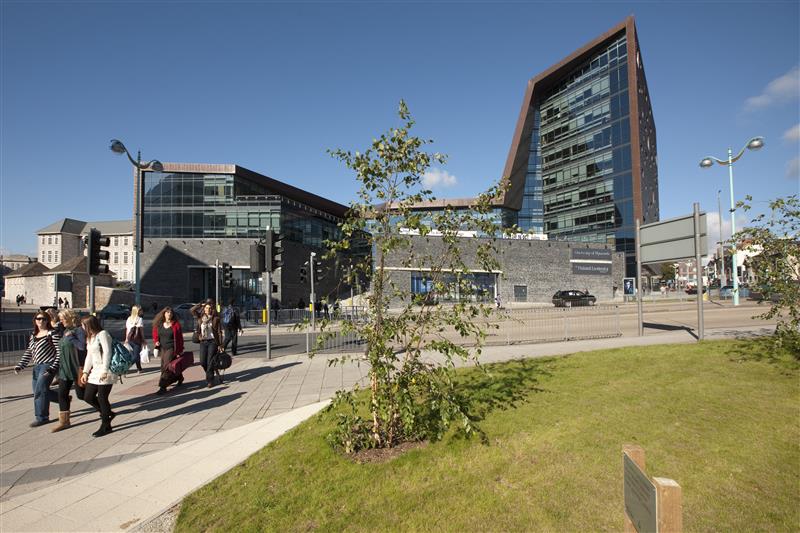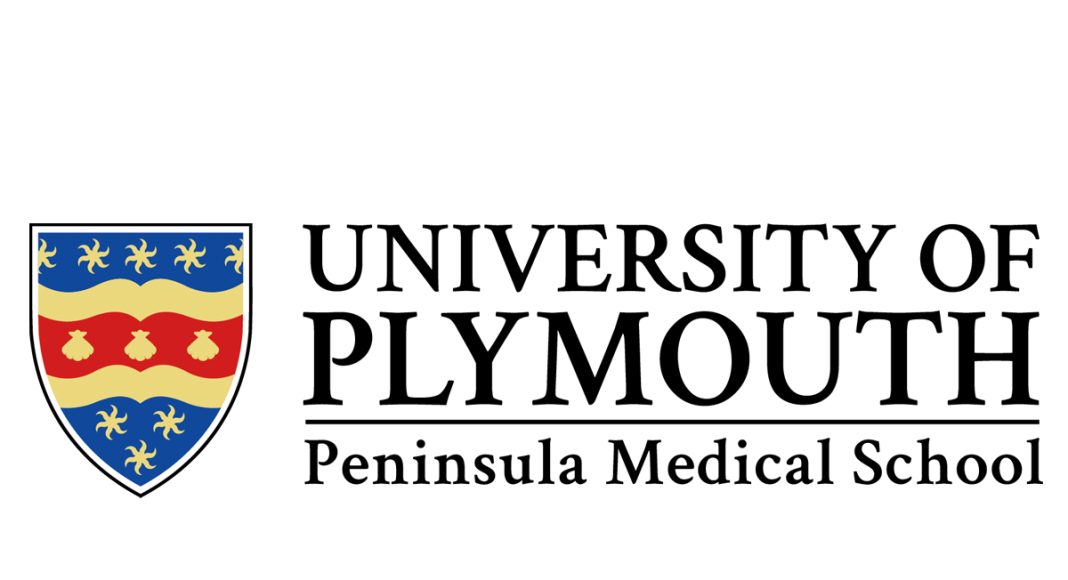The University of Plymouth is one of the UK’s leading universities, known for excellence in teaching, civic engagement, and its commitment to social impact
From its base in the coastal city of Plymouth, the University combines academic excellence with civic partnership to drive positive change regionally, nationally, and globally.
Within the Faculty of Health, Peninsula Medical School (PMS) exemplifies this mission through a forward-thinking and inclusive approach to education. Since its establishment, PMS has been dedicated to delivering high-quality education across undergraduate and postgraduate levels, developing professionals who are capable, compassionate, and equipped to meet the evolving needs of modern health and care systems.
Excellence in teaching and learning

The University of Plymouth has been recognised for outstanding quality in teaching and learning, receiving Gold ratings for overall performance, student experience, and student outcomes in the 2023 Teaching Excellence Framework (TEF). This national recognition reflects a deep institutional culture of pedagogic innovation and partnership-led learning.
Within PMS, innovation in teaching is integral to how education is designed and delivered. We offer a diverse portfolio of undergraduate and postgraduate programmes that develop future professionals across a wide spectrum of health and care disciplines. Across all areas of study, students engage with real-world health challenges and interprofessional practice from the earliest stages of learning.
Learning is structured around authentic scenarios, teamwork, and reflection, ensuring that theory, professional judgement, and communication are developed in tandem. Digital technologies play a central role in supporting this approach. For example, students have access to Anatomage Tables, an interactive 3D anatomy platform that enables exploration of the human body in detailed visual form. These tables sit alongside physical models and applied teaching methods, supporting active and collaborative learning without the use of traditional dissection.
We also employ gamified and simulation-based learning to create active, experiential teaching environments. Gamified activities encourage participation and motivation, allowing students to explore complex ideas through interactive problem-solving and competition in a supportive setting. Simulation complements this by providing structured opportunities to apply knowledge in realistic scenarios — from clinical decision-making to communication and teamwork — helping learners to develop confidence, leadership, and professional judgement in a safe and reflective space.
Interprofessional learning is an integral part of our educational approach, bringing students from a range of health and care disciplines together to develop the communication, teamwork, and collaboration skills essential to modern professional environments. This approach mirrors the realities of contemporary practice and reflects our commitment to preparing professionals who can work effectively across boundaries.
Education with purpose and partnership

PMS was founded on the belief that education and service should be closely connected. Through strong partnerships with NHS organisations, primary care providers, and community health services across the South West of England, students learn in authentic professional environments whilst contributing meaningfully to local and regional health outcomes.
We are also leaders in widening participation, and our Foundation Programme offers accessible routes into health and medical careers for individuals from a broad range of educational and social backgrounds. This commitment supports a more inclusive and representative workforce and reflects the University’s belief that education can be a catalyst for equity and social mobility.

Through this work, we demonstrate that innovation in health education is about more than technology or curriculum design. It is about preparing professionals — across disciplines and at every stage of their careers — to learn collaboratively, think critically, and lead positive change within complex health systems. This commitment is reflected in our evidence-informed teaching and reflective practices, ensuring that learning at PMS continually evolves alongside the needs of learners and the profession.
Further links:
https://scitube.io/dr-michael-dillon-a-gamified-approach-to-teaching-at-plymouth-university/


